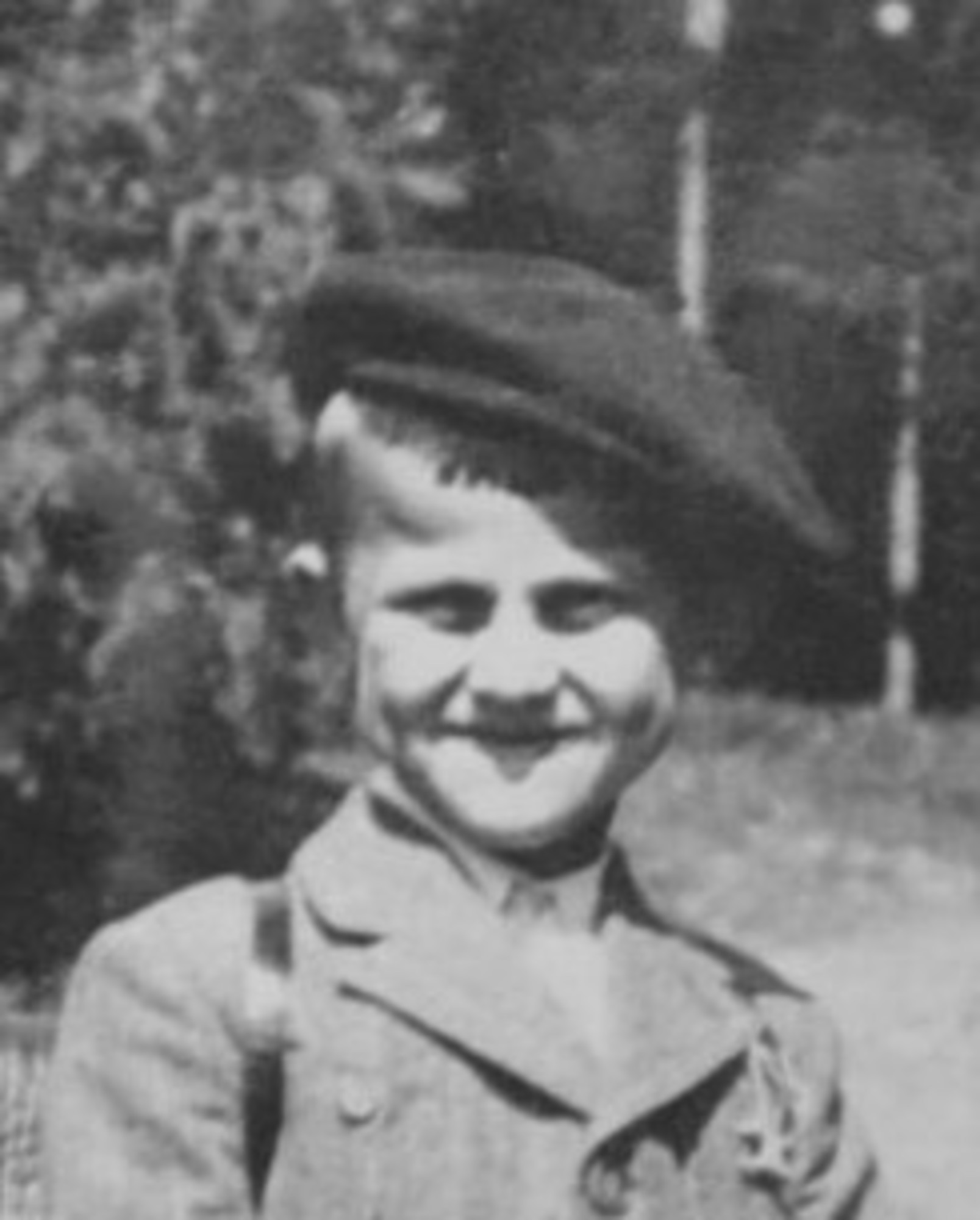Dad has not done anything to anyone, he rather helped people than harmed them. But they evicted us nevertheless, and they stole everything
Josef Wála was born on April 9, 1932 in the family guesthouse in Honzíček in Písek. Both his parents came from relatively wealthy families - one of his grandfathers was a confectioner in Písek and the second was the head coachman who served the Emperor Franz Joseph. When his parents married, they purchased a small pub and they transformed it into a guesthouse which became quite popular. Due to his Austrian citizenship, Josef had to enrol in the German grammar school in Prague during the war. After the end of the war, his father was arrested due to his nationality and he died in prison in October 1945. All property of the Wála family, as well as that of his uncles and aunts, was confiscated and gradually stolen and destroyed. Josef Wála was not allowed to study at a secondary technical school, and he therefore went straight to work after completing the elementary school. With his wife they have two daughters.








